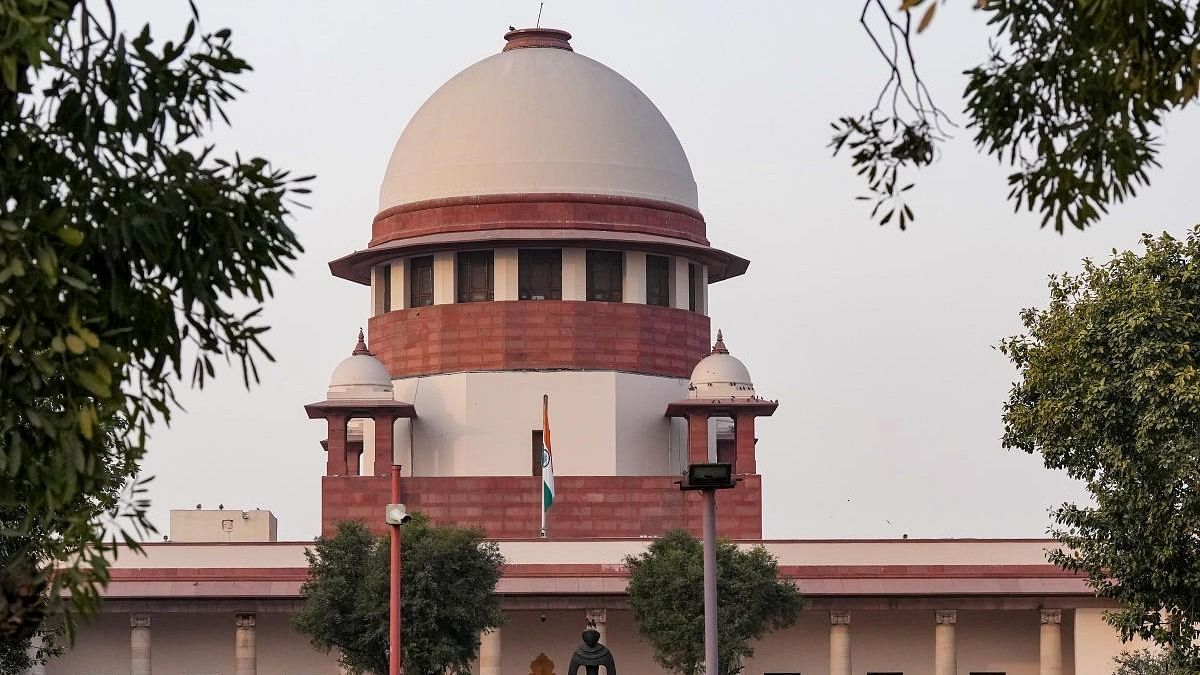
The Supreme Court of India.
Credit: PTI File Photo
New Delhi: The Supreme Court has said that a right to practice a profession is indeed an acknowledged fundamental right, but not unrestricted and is subject to any law imposing regulatory measures aiming to ensure standards of the profession and nature of public interest.
In a recent judgement, a bench of Justices B V Nagarathna and Augustine George Masih upheld the Guideline issued by the Institute of Chartered Accountants of India restricting the tax audits to only 60 for the Chartered Accountants in a financial year.
"Public interest inherent in the said individual’s exercise of a fundamental right under Part III would need to be delicately balanced with the imminent constitutional imperative of the ‘ordered progress of society towards a welfare state'," the bench said.
Dealing with a batch of petitions filed by Shaji Poulose and others, the bench said the Guidelines of August 08, 2008 and its subsequent amendment is valid and is not violative of Article 19(1)(g) of the Constitution as it is a reasonable restriction on the right to practise the profession by a Chartered Accountant and is protected or justifiable under Article 19(6) of the Constitution.
The court said the Council of the Institute has got the legal competence to frame the Guidelines, the breach of which would result in professional misconduct.
Making a distinction between a right and a privilege, the bench said, "The idea of compulsory tax audits was neither an inherent part of the practice of a Chartered Accountant nor an essential function which could be claimed as a fundamental right under Article 19(1)(g)."
The bench noted the restriction placed under Section 224 of the Companies Act, 1956 with regard to the number of companies which could be audited by an auditor or firm of auditors is also an instance of regulation of the profession of Chartered Accountants intended by the Parliament so as to ensure that standard and quality in the audit of accounts of companies as defined under Section 3 of the Companies Act, 1956 are maintained.
It pointed out there has not been any challenge to the said regulation which is in the form of a restriction.
The court, however, said the guideline is deemed not to be given effect to till April 01, 2024.
The bench quashed the disciplinary proceedings initiated against the petitioners herein due to the uncertainty in law owing to quashing of the earlier guideline and the pendency of the Special Leave Petition filed by the respondent-Institute before this court.
